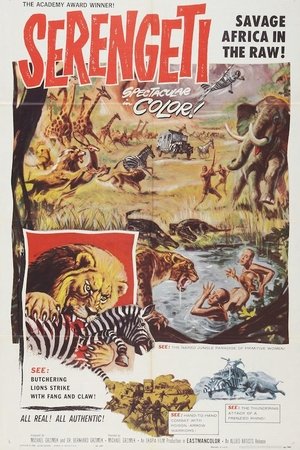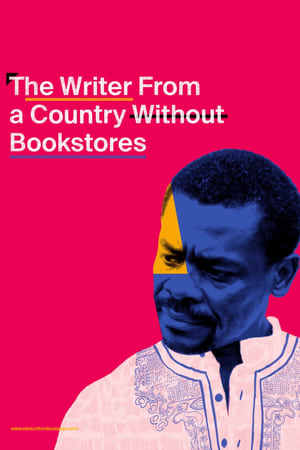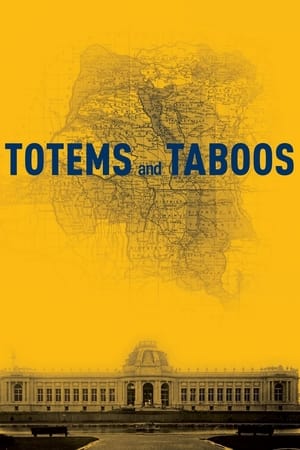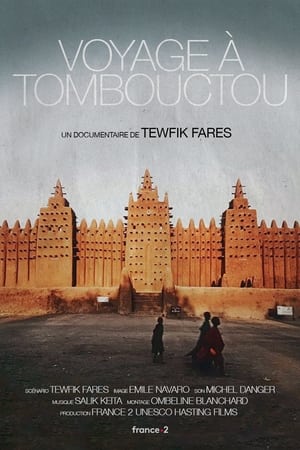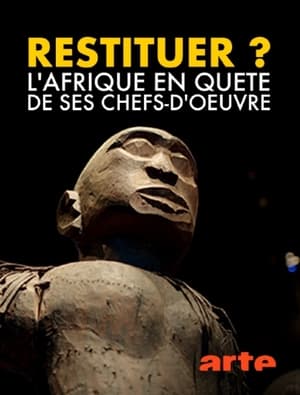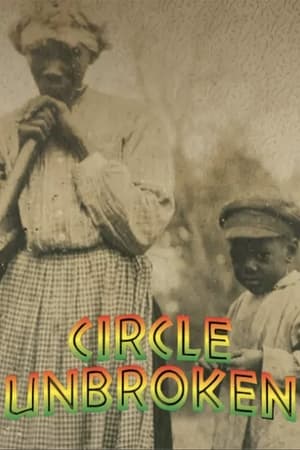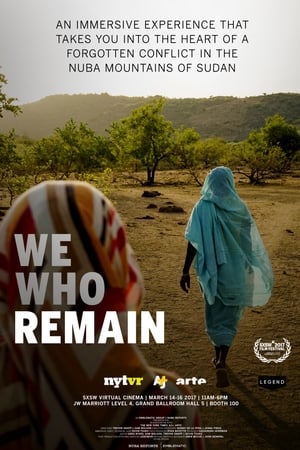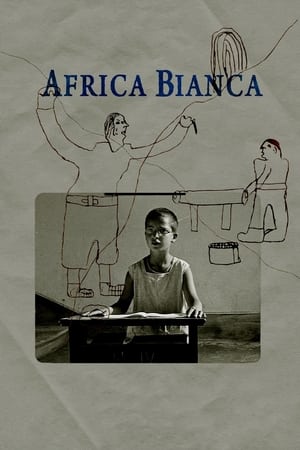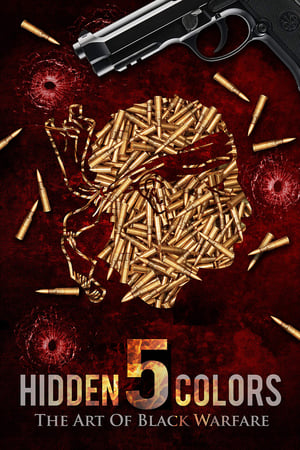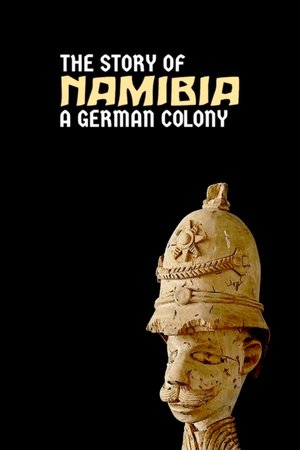Overview
Thousands of royal artifacts of Dahomey, a West African kingdom, were taken by French colonists in the 19th century for collection and display in Paris. Centuries later, a fraction returned to their home in modern-day Benin. This dramatized documentary follows the journey of 26 of the treasures as told by cultural art historians, embattled university students, and one of the repatriated statues himself.
Reviews
With over 7,000 pieces taken by the colonising French from their homes in the ancient African kingdom of Dahomey (now Benin), there is much celebration amongst the population at the return of 26 artefacts. These range from statues of their legendary Kings Ghezo and Béhanzin to objects of religious significance and items of such an intricate design that their condition will require perpetual care in a new, purpose-built, home near the Presidential Palace. Sadly, we just don't spend enough time with these beautifully crafted sculptures, nor do we really learn very much about the history of them, their historical provenance nor really anything much about the colonial "treaties" that facilitated their move in the first place. It lacks a narration. Not often that bothers me, but at times this whole thing reminded me of one of those films you'd watch for ten minutes if you were visiting a museum before you moved on. It's presented as if it were the introductory edition of a multi-part documentary that was going to explore more and fill in many of the gaps left unexplained in this hour long preview. Too much of it is spent following a group of young people in a forum arguing about the relative merits (or demerits) of this gesture from the French, and though it can be interesting at times to listen to the differing views in this "what's past is prologue" type debate, it wasn't what I wanted to see. I wanted much more about the fascinating mythology that attributed animal features to human beings in the way the Egyptians did two thousand years earlier. What was their significance? How were they to be conserved, preserved, exhibited - and, quite importantly, to whom. None of that was really gone into and I found that all a little disappointing. It may stimulate further reading but as it stands, it's not great.

 68 min
68 min
 6.5
6.5
 2024
2024
 France
France
 CinemaSerf wrote:
CinemaSerf wrote:
